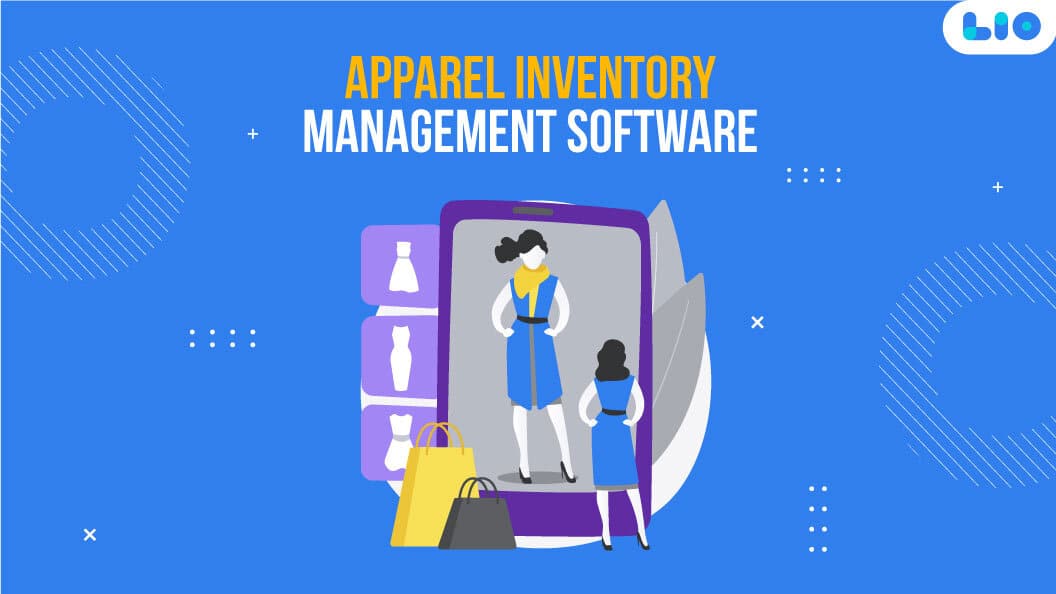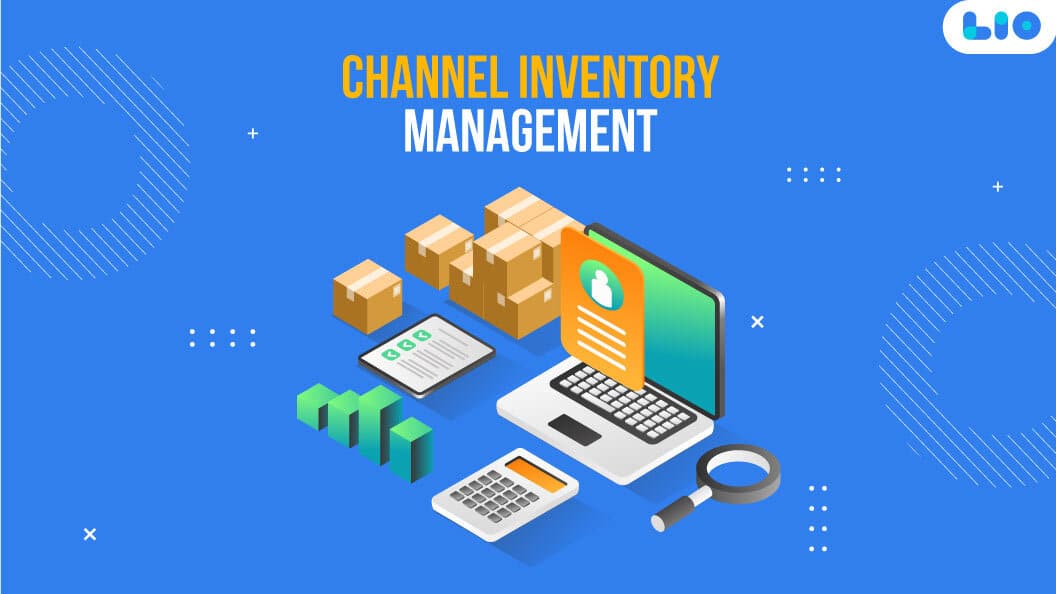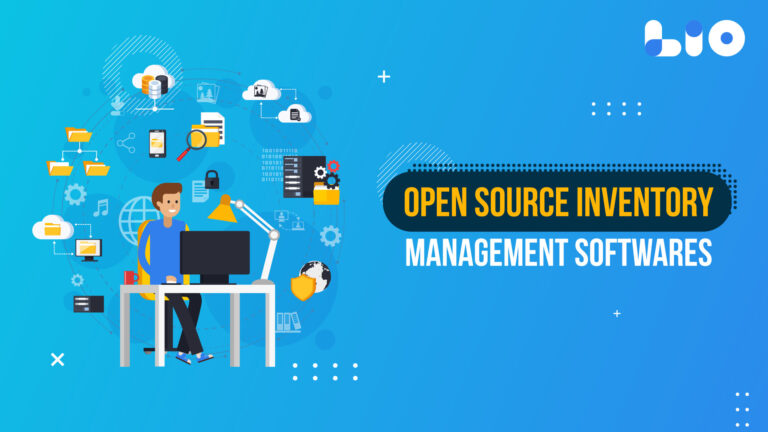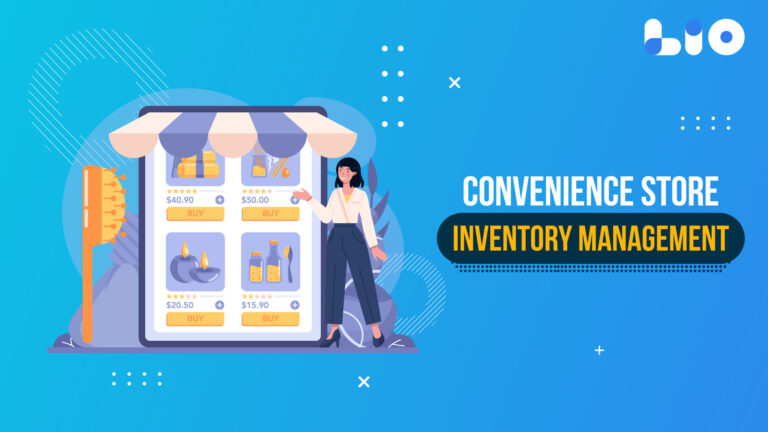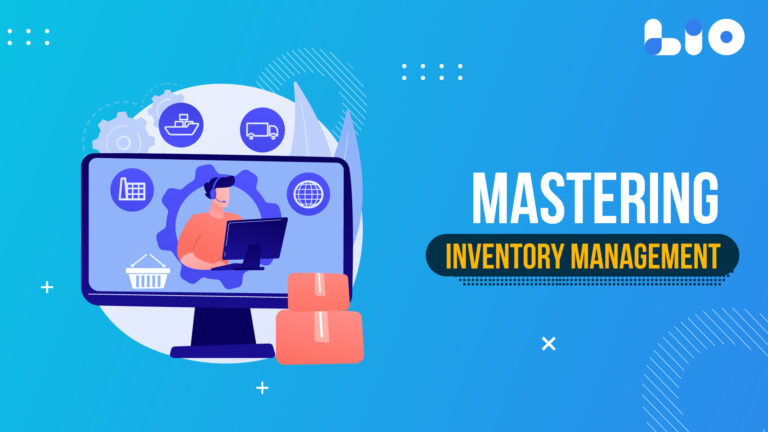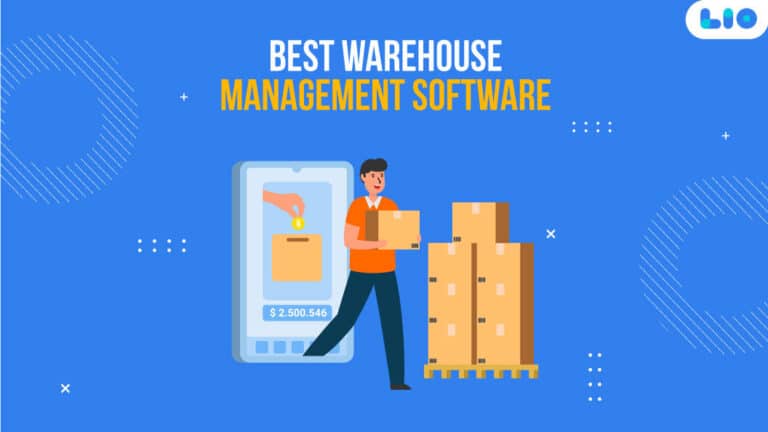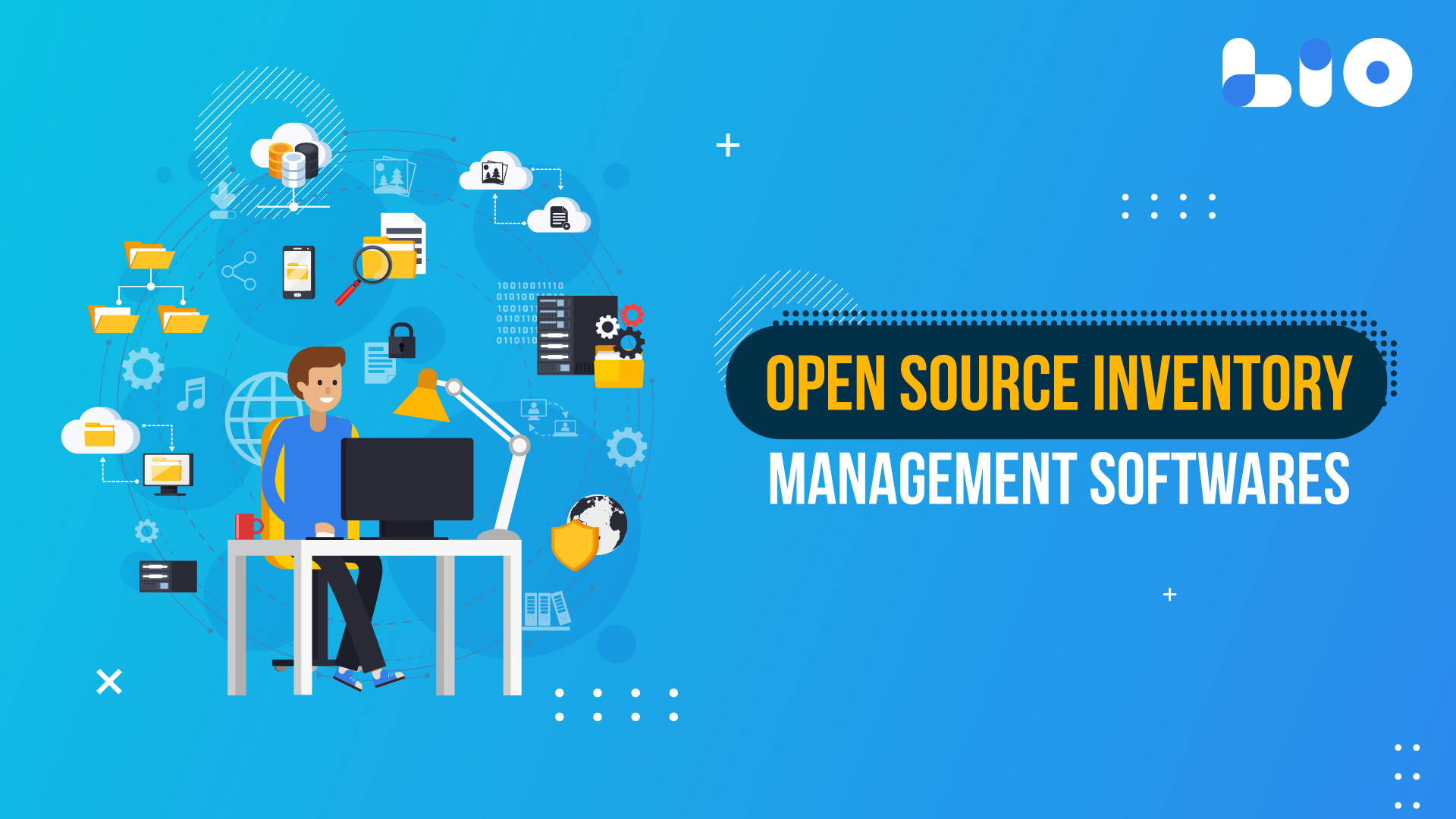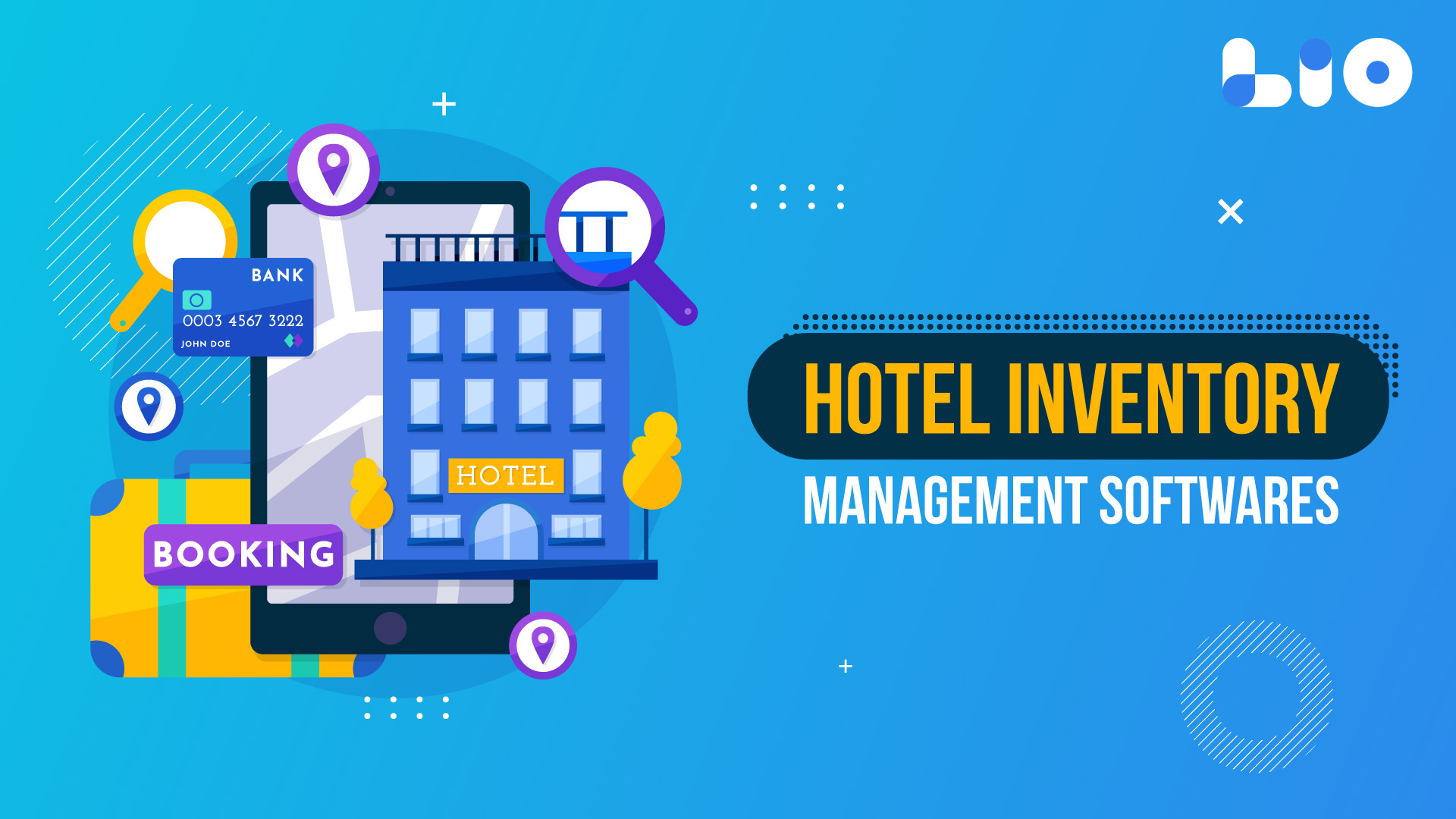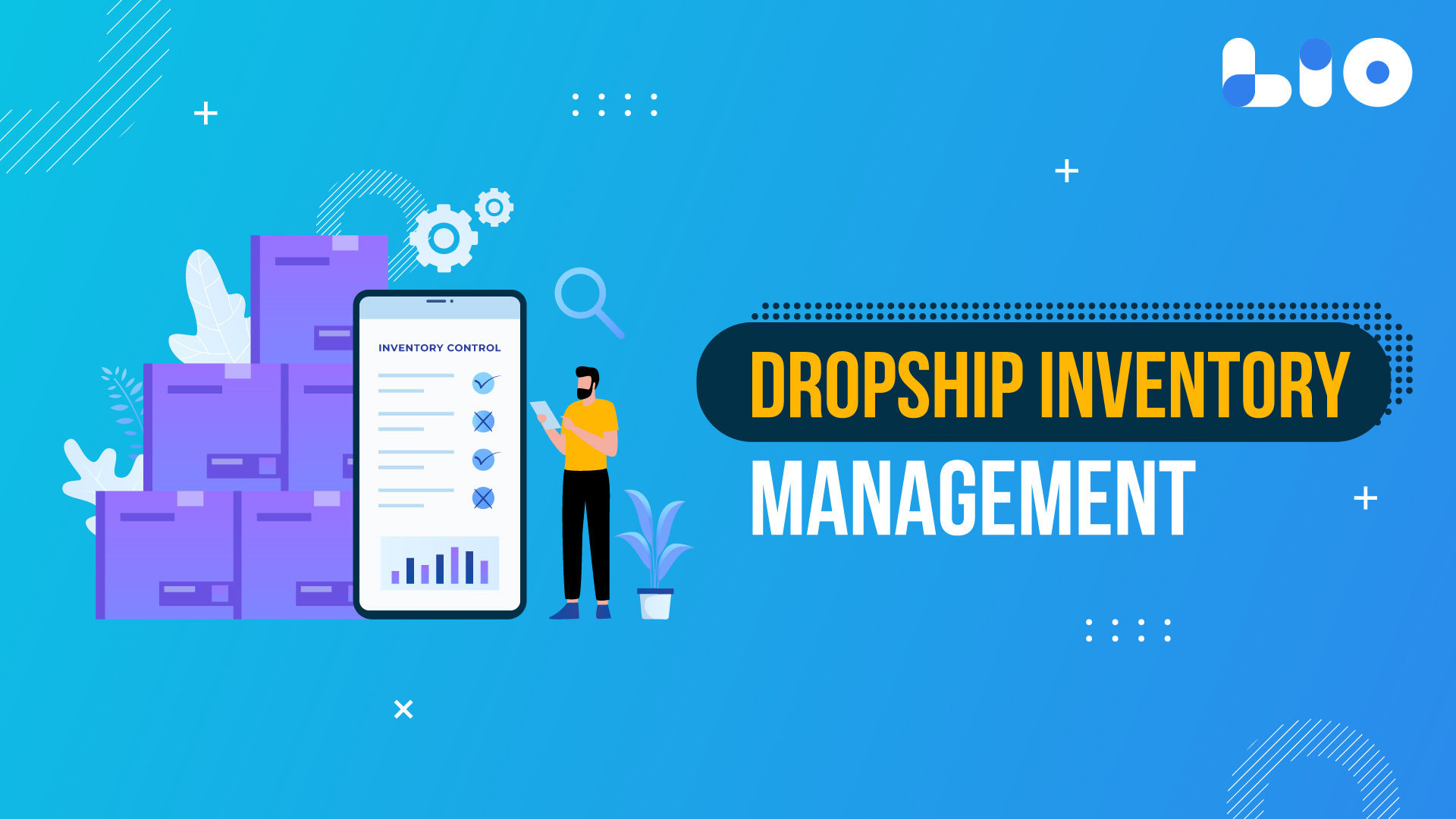Meeting Inventory Management System Requirements: An Overview

Read the article to know about the inventory management system requirements and everything around it.
Effective inventory management is essential for any business to remain competitive in the market. As businesses grow, managing inventory becomes more complex and time-consuming, making it necessary to adopt an inventory management system (IMS).
An IMS is software that enables businesses to track inventory levels, orders, sales, and deliveries. The purpose of this article is to provide an overview of the key requirements for an effective IMS.
What Is Inventory Management System
Inventory management system is a software application used to track and manage inventory levels, orders, sales, and deliveries. It is an essential tool for businesses that handle a large volume of inventory and want to ensure that they always have the right products available for customers.
The inventory management system can track the movement of goods from suppliers to customers, helping to prevent stockouts and overstocks. It also provides real-time data on inventory levels and enables businesses to make informed decisions on when to reorder products, how much to order, and when to offer promotions or discounts.
The system is designed to streamline the inventory management process, reduce manual errors, and increase efficiency. It can be used to manage inventory across multiple locations and channels, such as online marketplaces, physical stores, and warehouses. The inventory management system can also integrate with other software applications, such as point-of-sale systems and accounting software, to provide a comprehensive view of business operations.
Overall, the inventory management system is an essential tool for businesses that want to optimize their inventory management process, improve customer satisfaction, and increase profitability.
Top Inventory Management System Features
The top inventory management system features include:
Real-Time Inventory Tracking
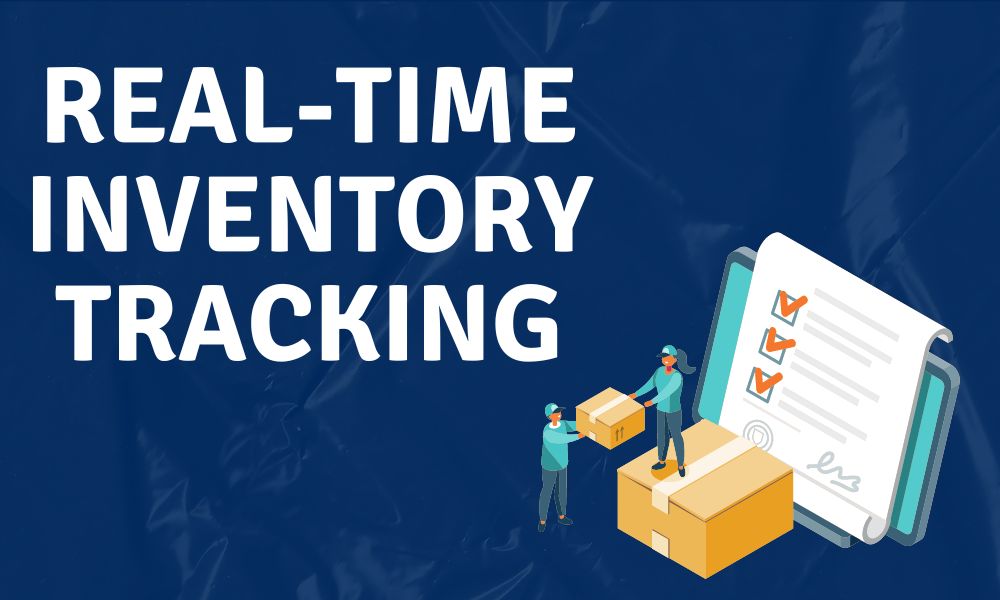
An inventory management system should allow you to track inventory levels in real time across all locations, so you always know how much stock you have on hand.
Automatic Reordering
This feature allows you to set minimum inventory levels and reorder points, so the system will automatically generate purchase orders or alerts when inventory falls below a certain level.
Barcode Scanning
Barcode scanning makes it easy to track inventory movements and reduces errors associated with manual data entry.
Multi-Location Management
If your business has multiple warehouses or retail locations, you need an inventory management system that can handle inventory tracking and management across all locations.
Reporting and Analytics
Robust reporting and analytics capabilities help you track inventory performance over time, identify trends, and make data-driven decisions.
Integration with other systems
Your inventory management system should be able to integrate with other systems like your point-of-sale (POS) system or e-commerce platform to ensure accurate inventory levels and avoid overselling.
Mobile Compatibility

The ability to access your inventory management system from a mobile device allows you to manage your inventory on the go and quickly respond to inventory issues or opportunities.
Forecasting and Demand Planning
Inventory management systems that include demand forecasting and planning features can help you optimize inventory levels and prevent stockouts or overstocks.
Key Requirements For Inventory Management System (IMS)
Listed are the key requirements for an effective inventory management system.
Accurate inventory tracking
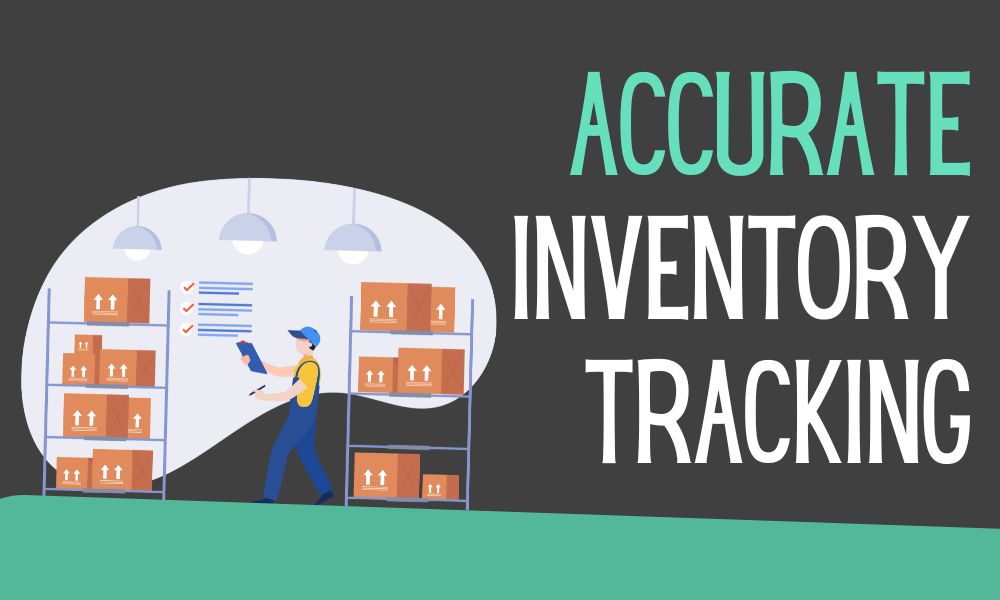
The IMS should provide accurate real-time tracking of inventory levels across multiple locations, ensuring that the right products are always available when needed.
Integration with other systems
The IMS should be able to integrate with other business systems such as Point of Sale (POS) and Enterprise Resource Planning (ERP) systems, enabling seamless data exchange.
Automation of inventory processes
The IMS should automate inventory processes such as order management, replenishment, and stock-taking, reducing the need for manual input and increasing efficiency.
Scalability
The IMS should be scalable to accommodate the growth of the business and the increasing volume of inventory.
Security
The IMS should have robust security features to protect sensitive inventory data from unauthorized access.
Mobile compatibility
The IMS should be mobile-friendly, allowing businesses to access inventory data on the go.
Forecasting capabilities
The IMS should provide forecasting capabilities to help businesses plan for future inventory needs and reduce the risk of stock-outs.
Customization
The IMS should allow for customization to fit the unique needs of the business, such as adding new product categories or customizing inventory reports.
Real-time reporting

The IMS should provide real-time reporting on inventory levels, sales, and order fulfillment, enabling businesses to make data-driven decisions.
Cost-effectiveness
The IMS should be cost-effective, providing value for money without compromising on functionality.

Maximize Your Online Business Potential for just ₹79/month on Lio. Annual plans start at just ₹799.
How Lio can Help You?
To make your dreams come true of having a business of your own and managing it nicely, Lio App can help you big time. The app lets you keep all sorts of data together in a more organized manner. You can keep records, and create tables and lists while working solo or with a team.
The many features of Lio would help you with your retail business as you would be able to maintain all data on a track that you can use at any time. If you want to upload a document, then you can do that. Know the money transactions, cash inflow, profit and loss you are making, Udhaar, list of products, services, and even the teammates and clients that you have all in one place.
Your retail business ideas will certainly become successful businesses if you go on this journey of managing your business with Lio.
Step 1: Select the Language you want to work on. Lio on Android

Step 2: Create your account using your Phone Number or Email Id.

Verify the OTP and you are good to go.
Step 3: Select a template in which you want to add your data.

Add your Data with our Free Cloud Storage.
Step 4: All Done? Share and Collaborate with your contacts.

Conclusion
An effective inventory management system is essential for businesses to optimize inventory levels, reduce costs, and improve customer satisfaction. Businesses should carefully evaluate their requirements and choose an IMS that meets their unique needs.
Frequently Asked Questions (FAQs)
What is an inventory management system?
An inventory management system is software that enables businesses to track inventory levels, orders, sales, and deliveries.
How can an inventory management system benefit businesses?
An inventory management system can help businesses optimize inventory levels, reduce costs, and improve customer satisfaction.
What are the key requirements for an effective inventory management system?
The key requirements for an effective inventory management system include accurate inventory tracking, integration with other systems, automation of inventory processes, scalability, security, mobile compatibility, forecasting capabilities, customization, real-time reporting, and cost-effectiveness.
Can an inventory management system be customized to fit the unique needs of a business?
Yes, an inventory management system can be customized to fit the unique needs of a business, such as adding new product categories or customizing inventory reports.


